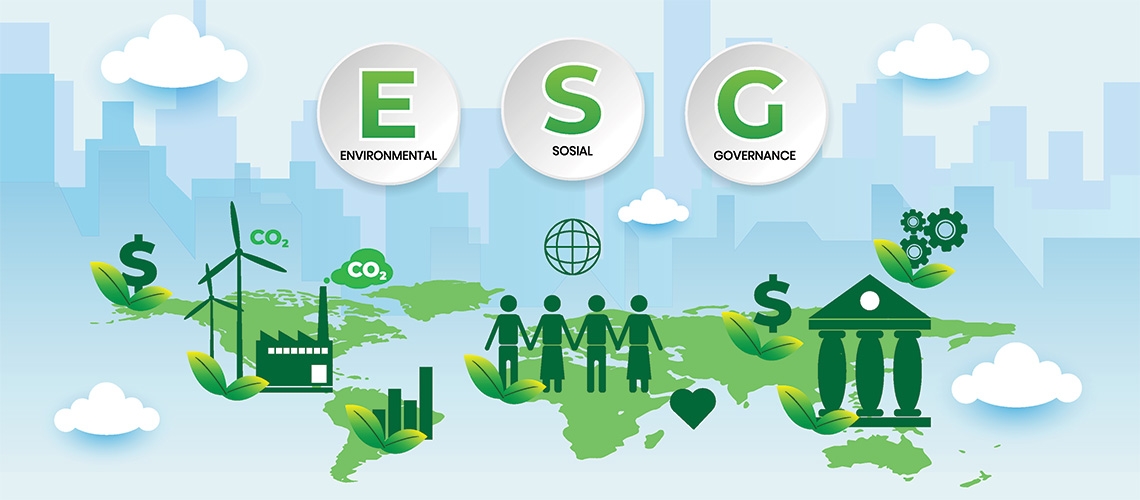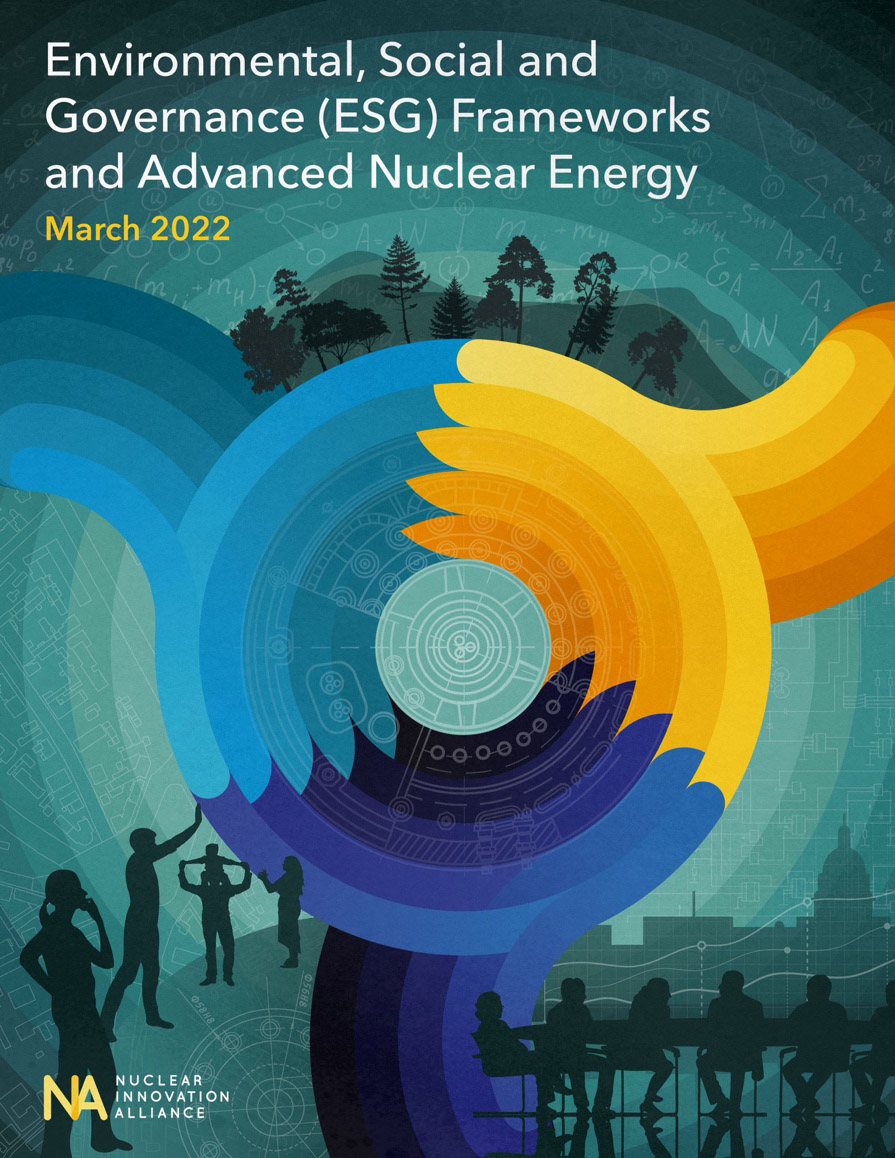Still time to submit for NSTOR collections on policy issues
ANS’s fully open research platform Nuclear Science and Technology Open Research (NSTOR) has two collections forming that aim to capture opinions and data on cross-cutting policy topics.

ANS’s fully open research platform Nuclear Science and Technology Open Research (NSTOR) has two collections forming that aim to capture opinions and data on cross-cutting policy topics.

The nuclear industry and its supporters want to ensure that current and future reactors are weighed by climate-conscious investors as a net benefit, according to a recent story, Nuclear Power’s Climate Credentials, Footprint Spark ESG Debate, by reporter Daniel Moore in Bloomberg Law. The interest comes as investors are increasingly sensitive to environmental, social, and governance (ESG) issues. Nuclear’s benefits must be included “in the array of ESG frameworks sprouting up to define the scope of any energy project’s climate impact,” writes Moore.
 The Nuclear Innovation Alliance released a report on March 25 titled “ESG Frameworks and Advanced Nuclear Energy,” discussing how environmental, social, and governance (ESG) frameworks affect advanced nuclear energy technologies. The report, as described in an NIA press release, “includes potential actions the nuclear industry and financial community should consider to promote consistent analytical treatment of nuclear energy within ESG frameworks and efficient access to capital for nuclear investments.”
The Nuclear Innovation Alliance released a report on March 25 titled “ESG Frameworks and Advanced Nuclear Energy,” discussing how environmental, social, and governance (ESG) frameworks affect advanced nuclear energy technologies. The report, as described in an NIA press release, “includes potential actions the nuclear industry and financial community should consider to promote consistent analytical treatment of nuclear energy within ESG frameworks and efficient access to capital for nuclear investments.”
Need for consistent frameworks: Judi Greenwald, the NIA executive director, explained the need for consistent ESG frameworks, noting that “[n]uclear energy technologies are particularly affected by the inconsistent treatment of some frameworks regarding the ESG attributes of energy technologies. . . . As frameworks are standardized and embedded in policy, if their flaws are not addressed, advanced nuclear energy could be left at a disadvantage in terms of access to capital.”